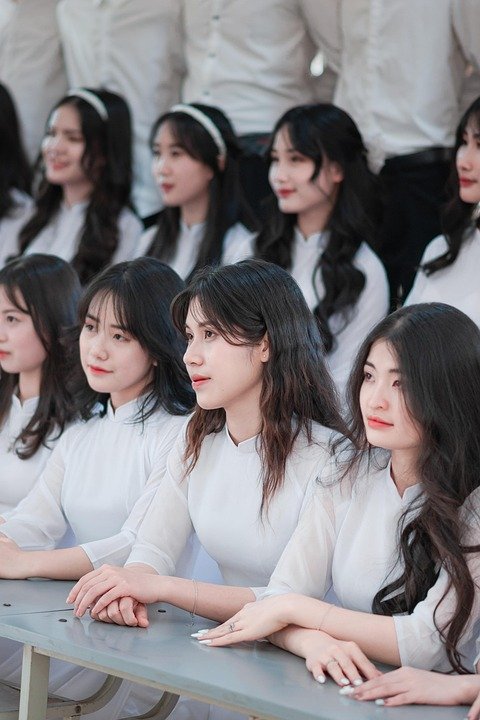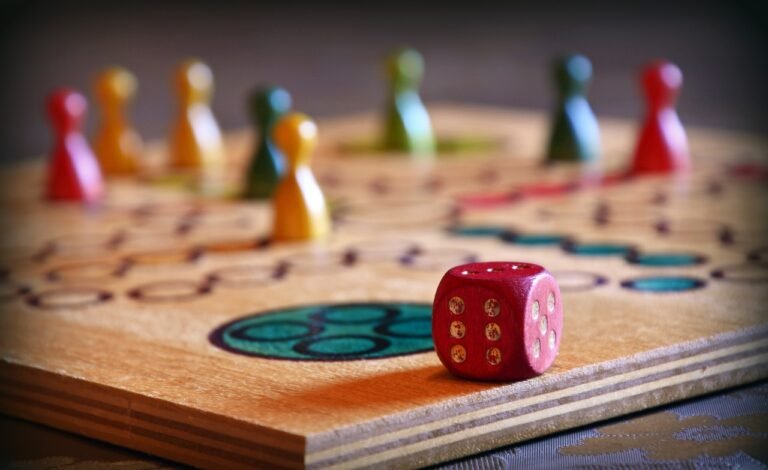
Learning the Chinese Greeting That Means You Good phrase “Ni hao” which literally translates to “you good”: a brief guide to meaningful Chinese phrases.
Introduction
Greetings are not simply titles; they are the preliminary of understanding culture and attachment. This is, of course especially true of Chinese Greeting That Means You Good, where even a basic greeting is imbued with polite respect and significance. Today we will look at the Chinese Greeting That Means You Good, or ‘How are you’. In case you want to learn Chinese for interpersonal communication or to gain more knowledge on Chinese culture these phrases will go a long way in making an impression.
This guide will focus on the popular forms of greetings, general importance of these greetings, and then proceed to demonstrate how the greetings can be used. At the end of the course, you’ll not only be familiar with their meanings, but also be able to use them in real life.
Some of the Distinctions of Chinese Greeting That Means You Good Which Translate as
你好 (Nǐ hǎo) – meaning “Hello” or “You Good”?
Meaning: Literally, “You good” but this Chinese phrase is used similarly to the English phrase, “hello” when answering a phone.
Context: Very appropriate for small talk and it is acceptable to everybody since it can be delivered to friends, families or other co-workers.
Example: When you encounter a person you have not known before, then just saying “你好 (Nǐ hǎo)” is welcoming to such a person.
您好吗? 말하기 위해서는 중국어로 처 처음 접하는 단어를 알 얼마, 입니다. 간단한 인사기구 ‘니나이はい따’ (Nín hǎo ma?) – ‘How Are You?’
Meaning: A polite way of asking someone how they are doing.
Context: Used when speaking formally, or in general, when addressing older people or other authority figures.
Example: To pay respect to a person follow this procedure and say “您好吗?” (particularly if they’re still in their prime or hold a certain rank).
顺利一切 (Shùnlì yīqiè) – “It Will be Smooth Sailing”
Meaning: This phrase is an imitation of some people that wish other people success when pursuing life or work endeavors.
Context: Usually given to endorse someone or to wish someone on a job, business or other things in life.
Example: You might say “一切顺利” when they get a new job, they are preparing for a big event or getting married.
Wellness (Wèlènsī) – translates literally as ‘Health of the Body’
Meaning: Concentrates on wishing for a long life—good physical health, which is an important aspect of the Chinese tradition.
Context: Often used as a phrase when discussing health or as a polite phrase at the end of the year or during holiday season.
Example: ”こんがんしゃ̊しゃす” could be said when visiting somebody who has just had a flue.
The Role and Importance of Greeting Culturally in Chinese
Respect for Relationships
Regarding, Chinese Greeting That Means You Good, This is due to emphasize of personal and professional relations. I heard that even a basic greeting such as ‘‘Ni Hao’’ will be recognized as the respect to the welfare of the person hence requires.”
Politeness and Formality
First of all, respect is very important when talking to elders or ones superior in rank or post. Adopting polite referring to, such as “您” (nín, formal you) reveals an understanding of power relations and etiquette.
A New Year means New Possibilities – and Language as a Tool for Good Wishes
Unlike in some cultures where Chinese Greeting That Means You Good are much simpler and which bear a mere salutation, Chinese greetings surprisingly contain deeper sense of care, sound health and positive outlook. For instance, pleasantries are phrases which are used in the same way as ‘身体健康’ which actually means ‘good health’.
Some Other Chinese Phrases Which Mean Health:
This one will amaze you because it has no reference to Chinese Greeting That Means You Good characters, let alone its pronunciation: 万事如意 (Wàn shì rúyì) – “May Everything Go as You Wish”.
Most commonly said at celebrations like festivals or any other good time, this phrase carries good wishes for life to turn on its wheels nicely.
大吉大利 (Dà jí dà lì) – Great Luck and Great Profits
Suitable for business related setting or events such as the upcoming Chinese Greeting That Means You Good New Year this greeting wish success and prosperity.
吉祥如意 (Jíxiáng rúyì) – “People’s prayers are answered and its citizens wish a happy life.”
A lovely phrase that people have been using to express each other during happy moments for ages now.
There’s no one greeting for everyone: how culture shapes the ways people say hello
Cantonese Chinese Greeting That Means You Good
Althoug Mandarin is the predominant dialect in the People’s Republic of China, Cantonese also has their way of acknowledging. For example, “你好” (néih hóu) means the same thing, “you good,” in Cantonese.
Other Chinese Dialects
Local dialect such as Shanghainese or Hokkien may use different set of words that depict sort of well-wishing as in the word, ‘Gun’ used by Shanghainese. This is make identification of various cultural differences more fulfilling.
GREETINGS Requirements for These Greetings How to Answer These Chinese Greeting That Means You Good
When Someone Says 你好 (Nǐ hǎo):
Reply: Heiniken: 我很好,谢谢 (Wǒ hěn hǎo, xièxiè) – good, thank you
When Someone Asks 您好吗? (Nín hǎo ma?):
Reply: 这 redhead(zhè ge red head)可爱,聪明,会说中文 (Hái bùcuò) 朋友说 : (Stils, 2013)
Pro Tips for Engaging Further
It is alright for you to insert some nice words of your own like “你呢” (nǐ ne?) to ask “And you?”
Smile! Silent gestures promote good intentions.
Meaning making through language and Rethinking Relationships
Chinese Greeting That Means You Good are not only a hello but also warmth, care, and cultural baggage. Whenever you say “你好” if you’re on the streets or “您好吗” in formal conversations, it warms up the conversation immediately and shows respect.
Take Action
Here are some phrases that get people results; try using them in your everyday life. Whether, you are introducing yourself with other people being colleagues or friends or you are simply establishing contact with a stranger, it makes very good impression if you are able to use some Chinese Greeting That Means You Good compliments.








